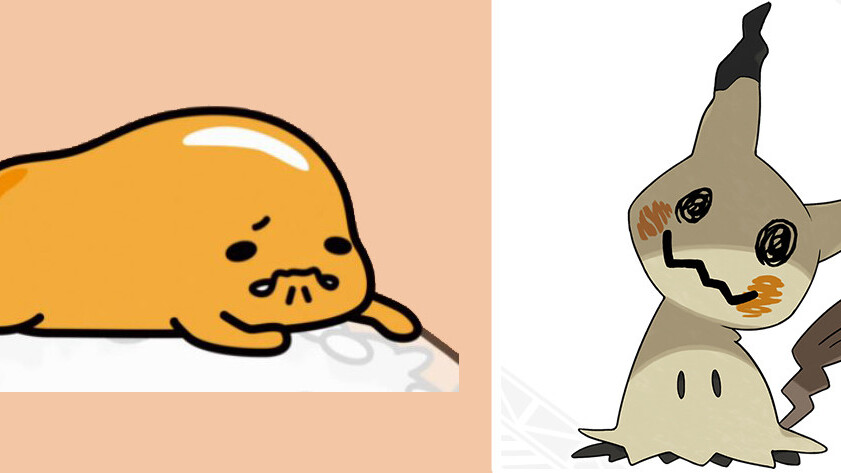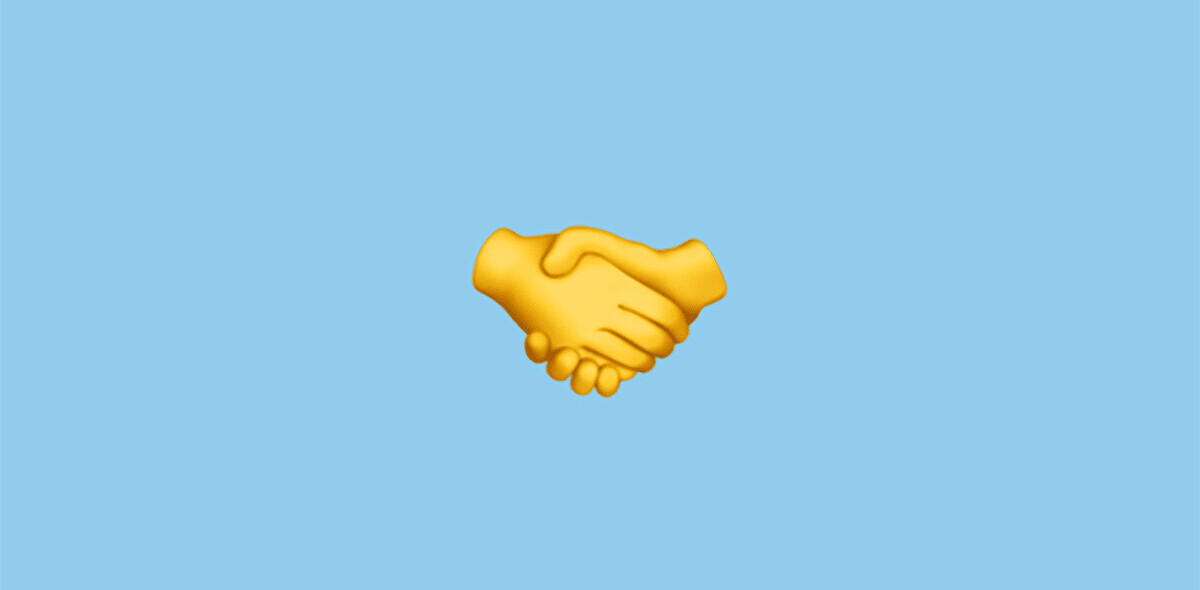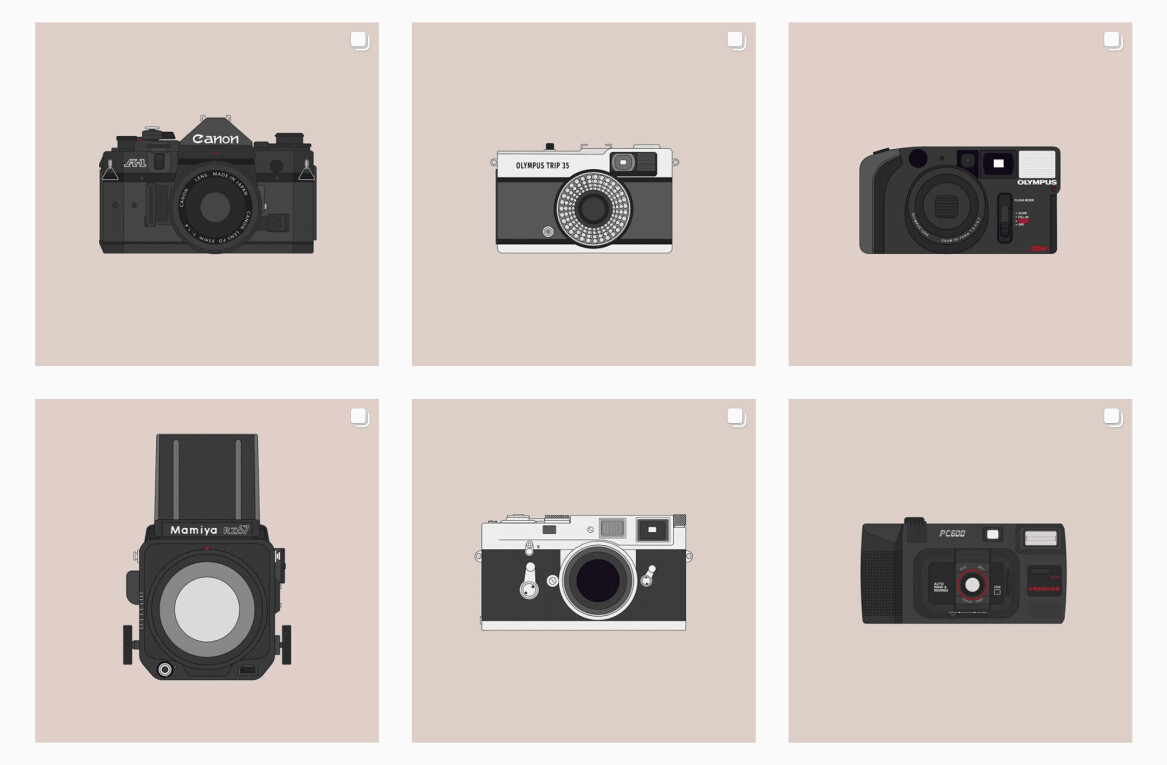
In a world where we’re all pretending to appear happy on the internet, Japan is banking on selling sadness.
The latest craze is Gudetama, an anthropomorphic egg who’s lazy, depressed, and an all-around Negative Nancy. It doesn’t like to move around much, or be bothered. It’s tired of its existence. When it realizes it’s about to get cracked open, sliced up, or cooked, it accepts its fate with a deep sigh. And yet it’s beloved by Japan as the new mascot for offbeat cuteness.
The character comes from Sanrio, the creator of Hello Kitty, and it’s one of several digital characters from Japan that disguises sadness in a form of adorable. In an upcoming Pokémon Sun and Moon game, we’re introduced to a new Pokémon named Mimikyu, who’s described as “dreadfully lonely,” and dresses itself as Pikachu to gain any hope of being loved.

When did kid-friendly cartoon characters get so dark?
Apparently, it’s just easier in Japanese culture to express emotion through mascots. Mascot culture is a huge business in the country, with nearly every company creating its own characters to promote a brand, from department stores to dairy product manufacturers to home insurance providers. For these sad characters, it’s a way for companies to turn a negative feeling into an easy-to-swallow visual.

“In the West, mascots are used almost exclusively to cheer people up. In Japan, they’re often used to get a point across or act as mediators in situations where you wouldn’t want to express yourself directly,” Japan pop culture expert Matt Alt tells Public Radio International.
Look no further than a pharmacy for an example. “They’re advertising medicine for conditions people don’t like to talk about. Like constipation or diarrhea. They’ll have a cute poop mascot because nobody wants to just walk in and say, ‘I’m all plugged up.'”
In creating sadness disguised as adorable characters, Japanese companies are hoping that those who’ve ever felt lonely, envied others’ popularity, or are simply apathetic will resonate with creatures like Gudetama and Mimikyu. Identifying with a character then hopefully turns into brand loyalty, which turns into sales of products and fan gear.
In a way, it’s no different than Westerners loving Grumpy Cat, Eeyore, or Charlie Brown – it’s just that Eeyore never had its own Twitter account with 665K followers.
Get the TNW newsletter
Get the most important tech news in your inbox each week.





